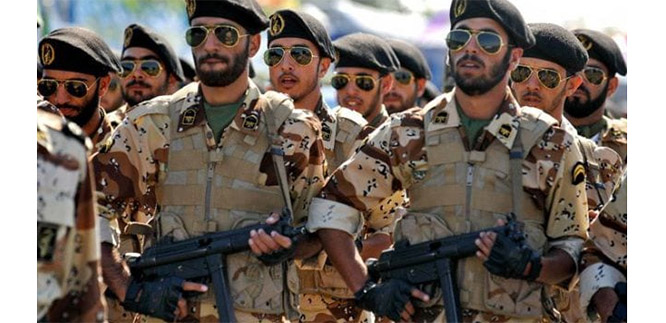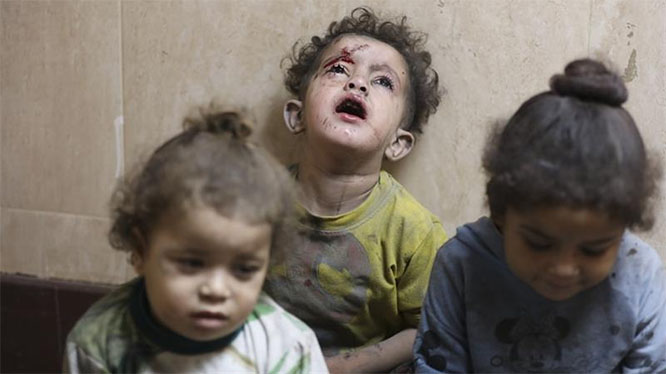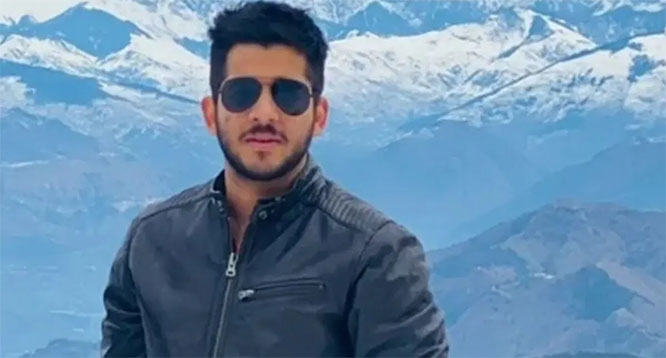Dubai/Abu Dhabi, May 7: A group passengers who are scheduled to fly to Kozhikode on the first COVID-19 Indian repatriation flight have begun streaming in to Terminal 2 at Dubai International Airport.
Wearing masks and gloves, the passengers are now waiting for the medical screening and check-in services to begin.
Airport officials gave entry to the departure terminal only to passengers with tickets.
Naif resident Mahamood P.P, 60, was among the first to reach as he was not informed about the change in the flight schedule, he told Gulf News.
“I reached here at 9.30am as I didn’t get any information about the 2.10pm flight getting rescheduled to the evening,” he said.
Suffering from a heart disease, Mahmood, who works as a juice maker at a juice shop near Naif Police station, said he stepped out of his room for the first time in two months.
“As there were many cases in Naif, I never went out because of my health condition. Since I was not in contact with anyone else other than my roommates who also never went out, I didn’t go for the COVID screening also. I was worried that I might be exposed to infection while waiting for the tests,” he said.
He thanked the Indian Consulate for giving him priority to fly home. “I need to go for my heart checkup. So I wanted to fly home as soon as possible.”
However, he said his son, a civil engineer who came here searching for a job, is not flying back though he is on a visit visa.
“Since the UAE government has allowed people on visit visa to stay here till December, he has decided to try his luck in getting a job,” said Mahamood.
Sneha Thomas, who is eight months pregnant, was also among the first to arrive at the airport.
Her husband Somi Jose came to drop her.
Thomas is among 11 pregnant women flying on the Dubai-Kozhikode flight.
Sharjah resident for 30 years, Mohammed Ali Yaseen, who is also the secretary of the Kerala Muslim Cultural Centre in Sharjah, said he is flying home as the restaurant he was running had to be closed due to a demolition plan of the building.
“Three months ago I got the notice to vacate the building and I had to close the restaurant. I was looking for another shop. But then the coronavirus hit. Now there is no point in me opening me a new shop as those who are already operational are not getting any business.”
He said he decided to drop the plan and go home for now. “My visa and license are still valid. I will try to come back when this pandemic ends and things are better.”
Meanwhile, at the Au Dhabi International Airport, families with kids were given priority to proceed towrards check-in. at terminal 3. The passengers coming in right now were mostly women who were on a visit visa. Pregnant women and the elderly too were given priority.








Comments
Add new comment